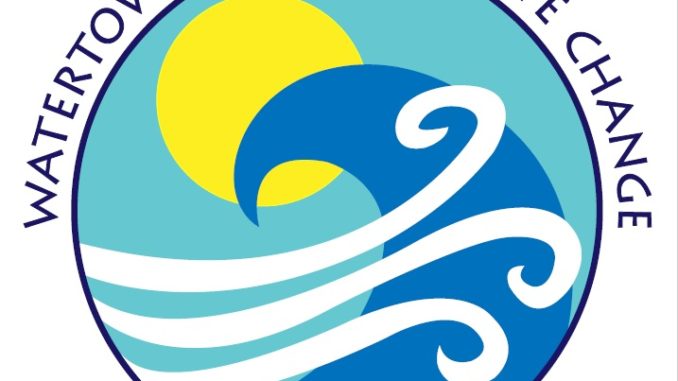
Dear Conference Committee Member,
On behalf of Watertown Faces Climate Change, I urge you to persist in reconciling the differences between the House and Senate in order to continue the Commonwealth’s progress in addressing the climate crisis. We know how challenging it is, but we also know that the Supreme Court’s recent ruling in West Virginia v. the E.P.A. has made what the state does more important than ever.
We thank you for your leadership on environmental, clean energy, and climate change policy and ask you to support the following provisions of Senate Bill 2842, An Act Driving Climate Forward:
Section 44-45 will rapidly and affordably scale up Massachusetts’ solar PV resources and close the so-called net metering “donut hole” for projects between 10-60 kilowatts in the Next Generation Roadmap bill. These sections will allow for enough solar generation to enable true net zero homes which could then incorporate air source heat pumps and electric vehicle chargers in addition to typical household electricity appliances. Passage of these sections will also increase local residential solar jobs by 40%, reversing the ongoing decline in solar jobs in the Commonwealth since the peak of 16,000 in 2016.
Section 46 similarly helps building-mounted solar projects to be interconnected by codifying their ability to net meter without having to obtain a regulatory exception. Legislative support is critical for current owners of solar energy system who would like to expand their systems to provide electricity for heat pumps and electric vehicles. Section 46 would permit specific exemptions to the Department of Public Utilities’ single parcel rule which currently prevents more than one solar array on a single tax parcel from participating in the Commonwealth’s solar net metering program. Many solar projects throughout the state have been abandoned, delayed, or curtailed due to the existing single parcel rule.
Section 61 would require DOER to develop a successor program for the current SMART program, which no longer provides meaningful incentives for residential solar installations in most of the Commonwealth, no later than July 31, 2023. As you are undoubtedly aware, the cost of rooftop solar increased 18% just in the first three months of this year. The cost of steel in the US has gone up dramatically, making solar canopies much more expensive to fabricate. Meanwhile, the cost of lithium used to store energy in batteries has increased an astonishing 900% since the start of 2021. Solar installations in Massachusetts have dropped by 24% in the past year. We have the capacity to increase solar installations, and we need to do so.
We look forward to seeing your committee produce yet another piece of bold climate legislation, which will help the Commonwealth meet its greenhouse gas reduction limits.
Thank you for your hard work.
Watertown Faces Climate Change
A Working Group of Watertown Citizens for Peace Justice and the Environment and a node of 350 Mass.
